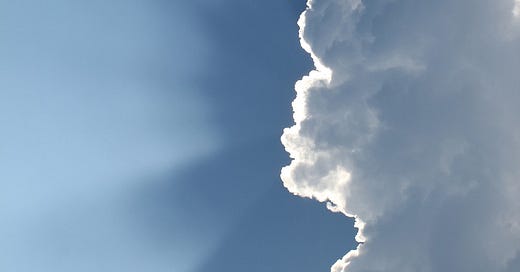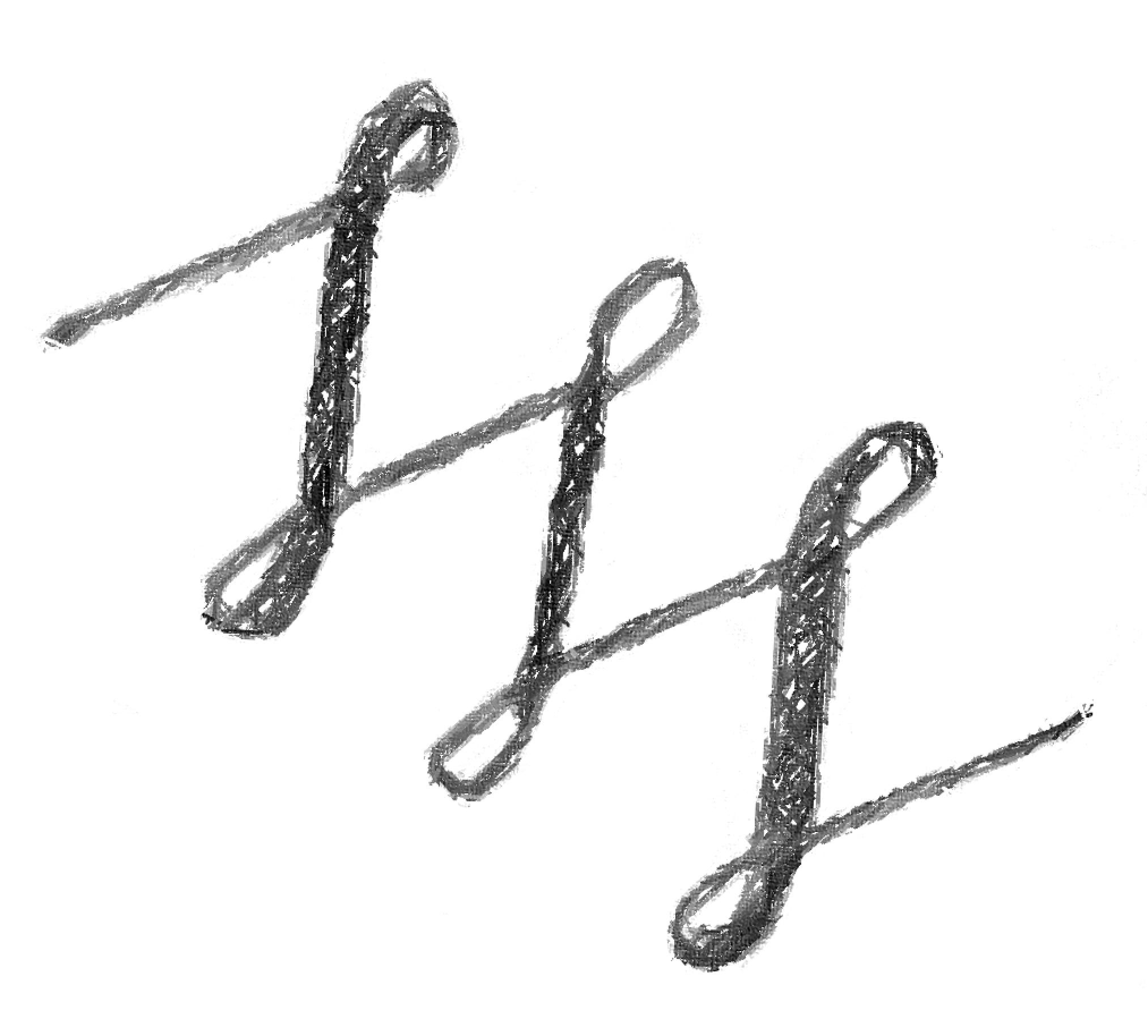Hi all,
Thank you for joining me for today’s song, “Not in My Name”, by John McCutcheon (2001). If you’d like to hear the song before you read about it, I’ve included a YouTube video below the article.
Below, you’ll find my interpretation of the lyrics which are written in italics. Comments and questions are welcome. For Japanese students, vocabulary words in bold are provided in Japanese below. TOEFL (PBT) 450+, Eiken 2, CEFR B1.
Did you know you can listen to each article of “Social Issues in Song” on the Substack App? Download the app here:
(531 words)
The song begins with the airplane. The first use of an airplane during war occurred between Italy and Turkey in 1911. An Italian pilot flew near Tripoli, Libya, to learn about the location of the enemy troops. Since then, planes have been used to drop bombs, to shoot at soldiers and civilians, or to be used as missiles, for example during WWII and in New York on Sept. 11, 2001.
You see the plane in the distance
You see the flame in the sky
See the young ones running for cover
See the old ones wondering why
They tell us that the world is a dangerous place
We live in a terrible time
Each time, the citizens on the ground experience the same fear, the same horror.
But in Hiroshima, New York or in Baghdad
It's the innocent who die for the crime
Not in my name…
The second verse discusses another issue in society, the death penalty. In many countries, it is legal to put a person to death for an extreme crime such as murder. In the U.S., there are witnesses who observe the event. An officer or medical assistant injects a drug into the person who is being killed.
The witnesses watch through the window
Their hearts locked in horror and pain
At the man lying strapped to a gurney
As the poison is pumped through his veins
This verse asks an important question:
And I'm wondering who are the prisoners
Who holds the lock and the key
Who holds the power over life, over death
When will we finally be free?
In ancient times, people often used a rule called "an eye for an eye and a tooth for a tooth." This meant that if someone did something bad to you, you could do the same thing back to them. This was a way to make things fair.
However, Mahatma Gandhi said something important: "An eye for an eye makes the whole world blind." He meant that if everyone keeps hurting each other, the world will become a bad place. It's better to be kind and forgiving, even when someone is mean to you.
We stray and we stumble in seeking the truth
And wonder why it's so hard to find
But an eye for an eye and a tooth for a tooth
Leaves the whole world hungry and blind
More conflicts are listed. The songwriter uses the phrase I have been used as inspiration and an excuse…. Here, we understand that the one singing the song is God.
Through the ages I have watched all your holy wars
Your jihads, your Crusades
I have been used as inspiration, I've been used as an excuse
For the murder and the misery you've made
Each religion has its own religious book or text. In the Christian religion, the Bible is the most sacred book. In the Jewish faith, the Torah is the book from which the teachings are given. The Koran is the sacred scripture of Islam.
I thought I made it clear in the Bible
In the Torah and in the Koran
What is it in my teaching about loving your enemies
That you people don't understand?
Question:
Why does the songwriter use the phrase “Not in my name”?
Vocabulary
civilian 民間人
run for cover 逃げる
innocent 無実の人
witness 目撃者
inject 注射する
gurney 担架
stray 迷子になる
stumble つまずく
blind 盲目の
Crusades 十字軍
misery 悲惨
sacred 尊い
scripture 聖典
Source
Council on Foreign Relations. (n.d.). Airpower turns 100. Council on Foreign Relations. https://www.cfr.org/blog/airpower-turns-100
Note:
Not in My Name is from the album: The Greatest Story Never Told
©2001 John McCutcheon/Appalsongs (ASCAP); Denver, CO October 2001
.
I believe that education should be free.
All of the articles about the songs will remain free for all students to use. (We are all students, are we not?) However, if you find these articles useful and are in a position to make a small (or large) donation, I would be deeply grateful.








Dear Louise,
Thank you for letting me know that Gandhi said "An eye for an eye makes the whole world blind." I can see how difficult it is to swallow it when you are the first victim, but at the same time I fully understand the logic behind his quote. I will do my best and keep it for the rest of my life. Thank you.
Mitsuru Hiki
Excellent.